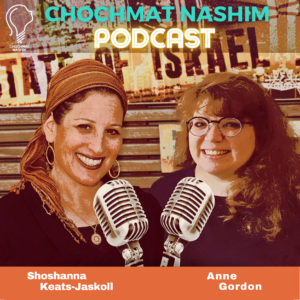
“And the whole earth was of one language and of common speech…and they said, “Come let us build us a city, and a tower, with its top in heaven and let us make us a name” (Genesis 11:1-4).
Leading up to the 2016 United States presidential election, I asked my then 4-year-old son if he was interested in learning about who was running for president. “Running for president?” he asked, and then yelled out, “I bet they can’t run as fast as this“ as he ran at full speed across the room.
Homonyms, like “run,” are just one example of how conveying meaning through speech can be confusing. This confusion is often magnified exponentially amidst people speaking different languages. One would think then, that in an ideal world, in which humanity has the best chance of cooperating and flourishing, people would all speak the same language. Yet, we see in the Tower of Babel narrative that unity and shared language led to such an egregious sin that God responded by mixing up humanity’s languages. How could it be that speaking the same language would more likely lead to sin than speaking multiple languages?
One metaphorical interpretation of this narrative is that when we are surrounded by people who all speak the same language, who all have the same thoughts, ideas, and interpretations of events, we are apt to start believing that our way of thinking, or even that we ourselves, are not only right, but godly. We are then in grave danger of believing we can build towers that reach heaven. What is the solution? As God decreed: we need different languages. We need to be amid people who speak differently than we do, who have a diversity of perspectives and visions that challenge our ways of thinking and keep us humble.[1]



©2024 All rights reserved